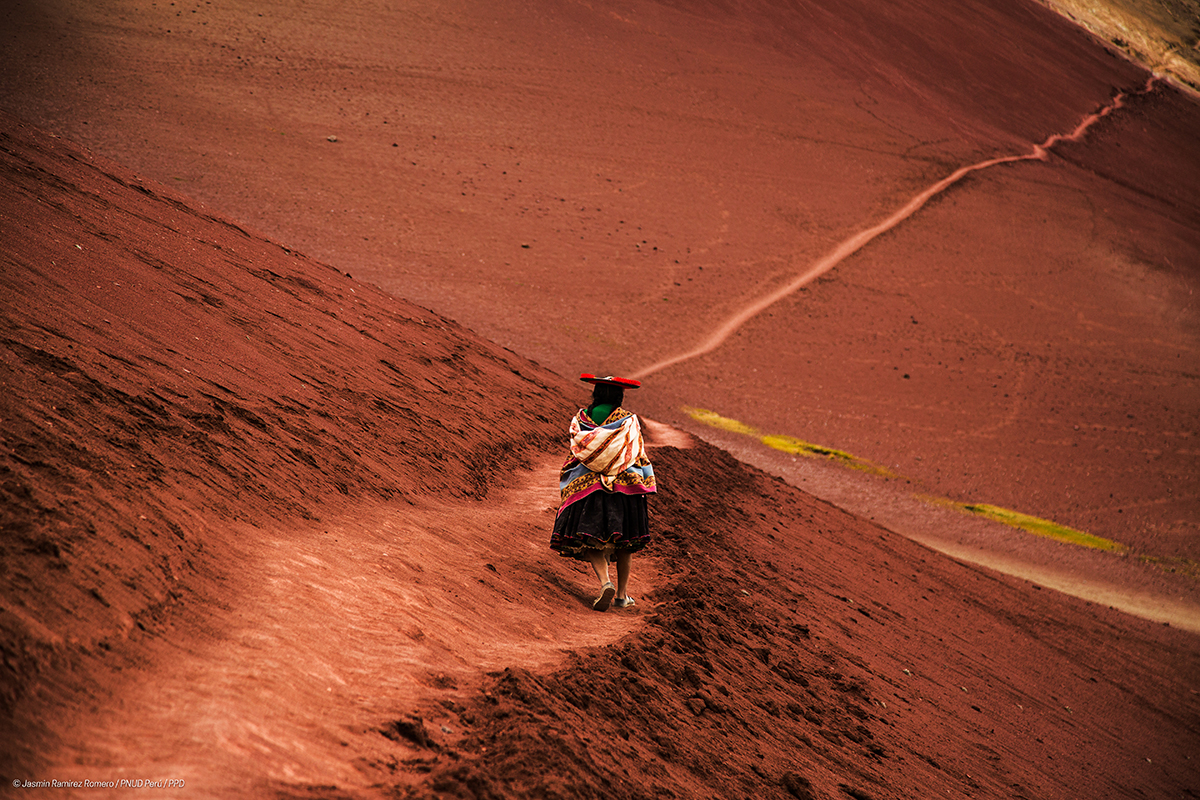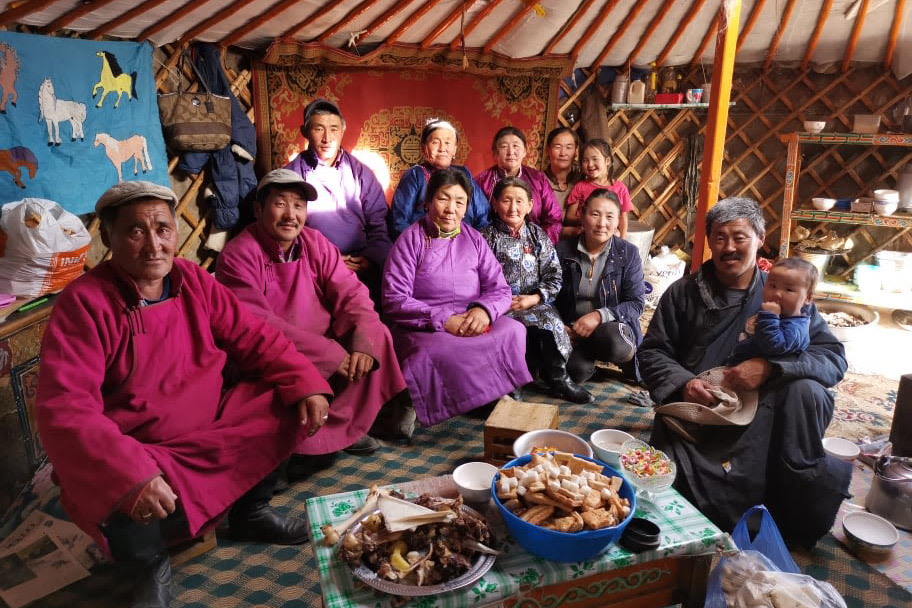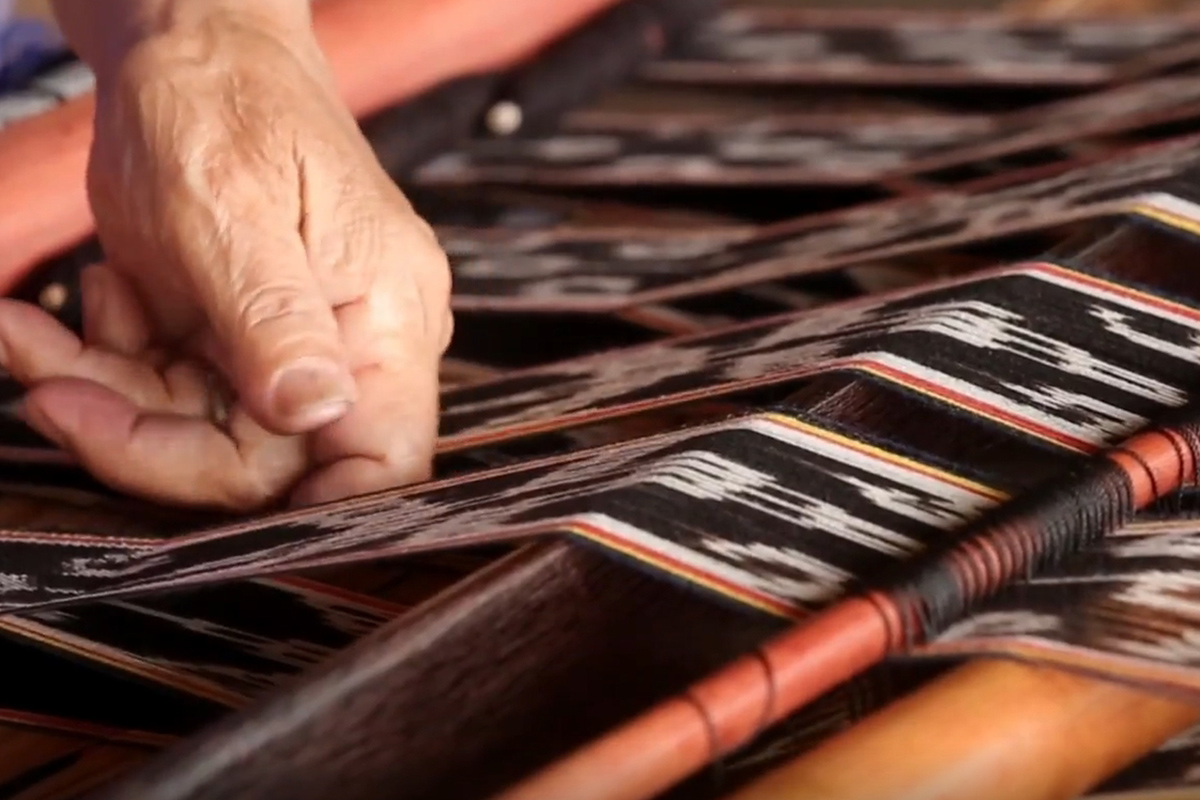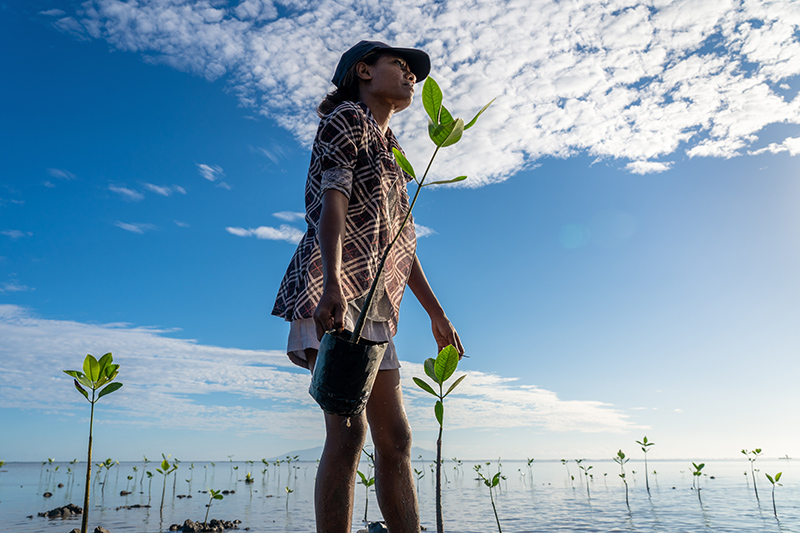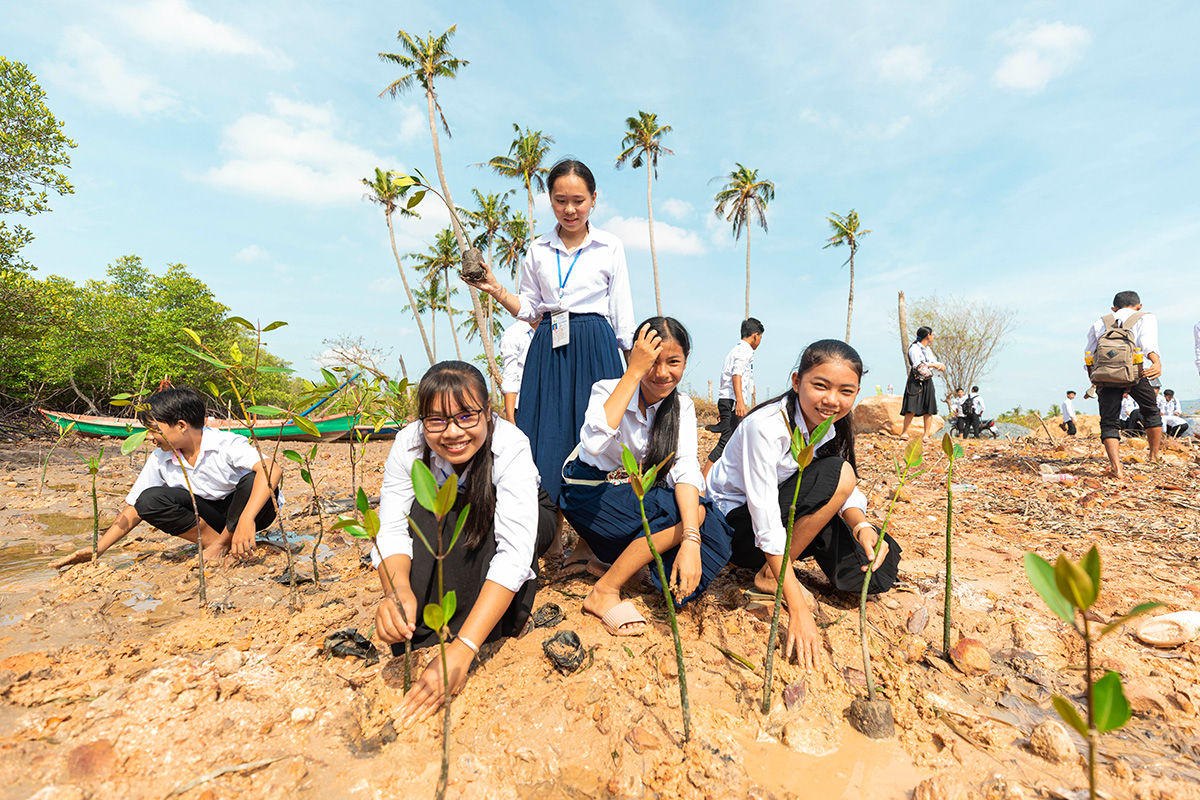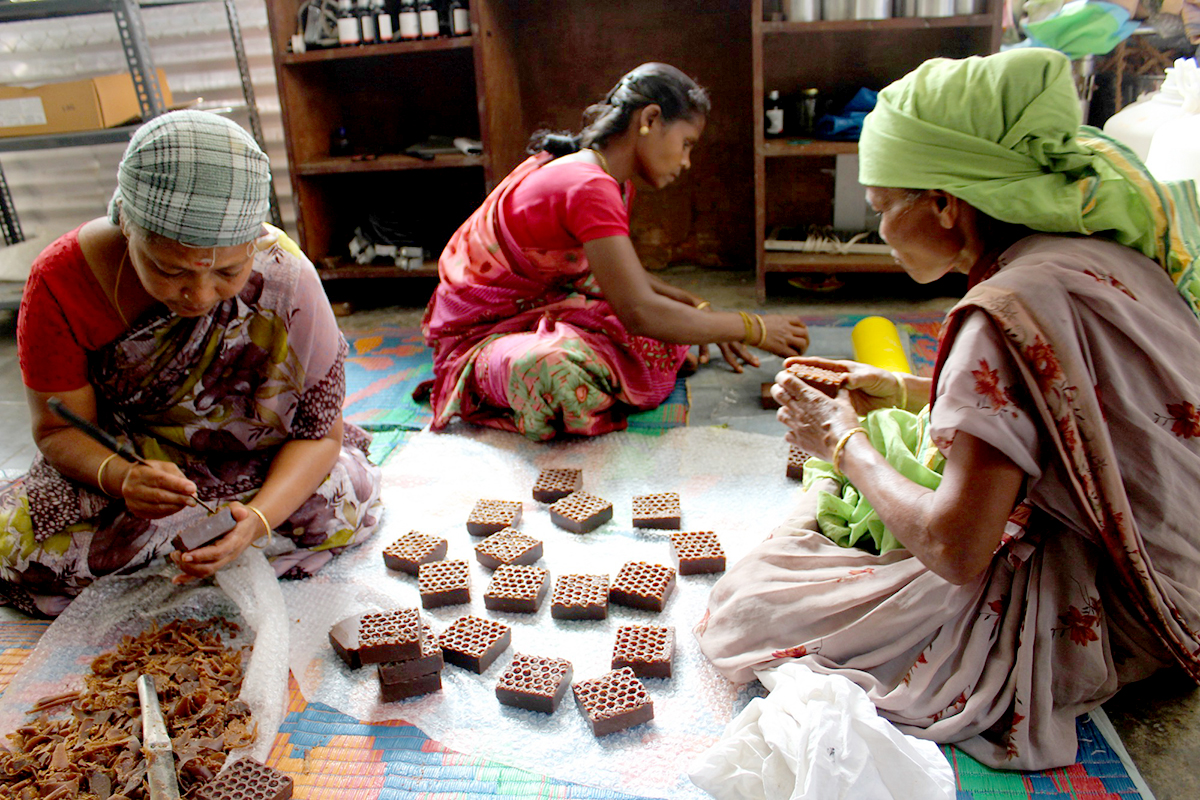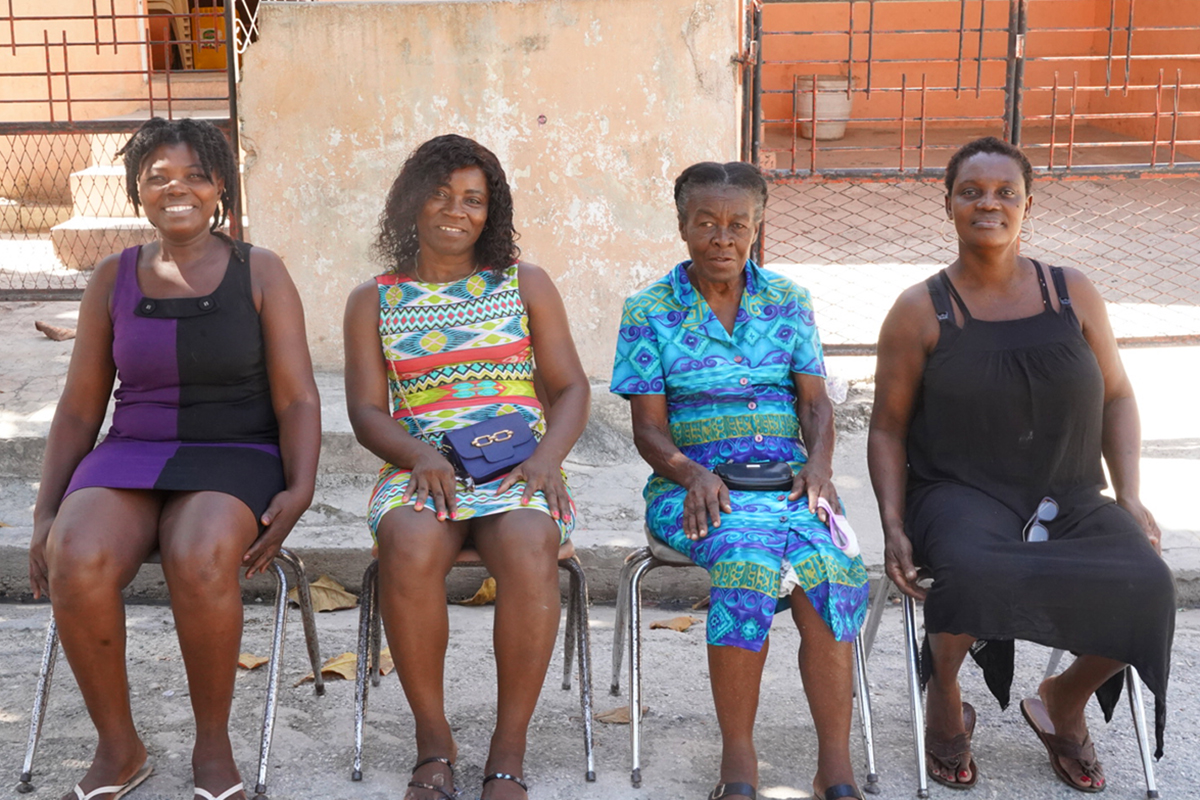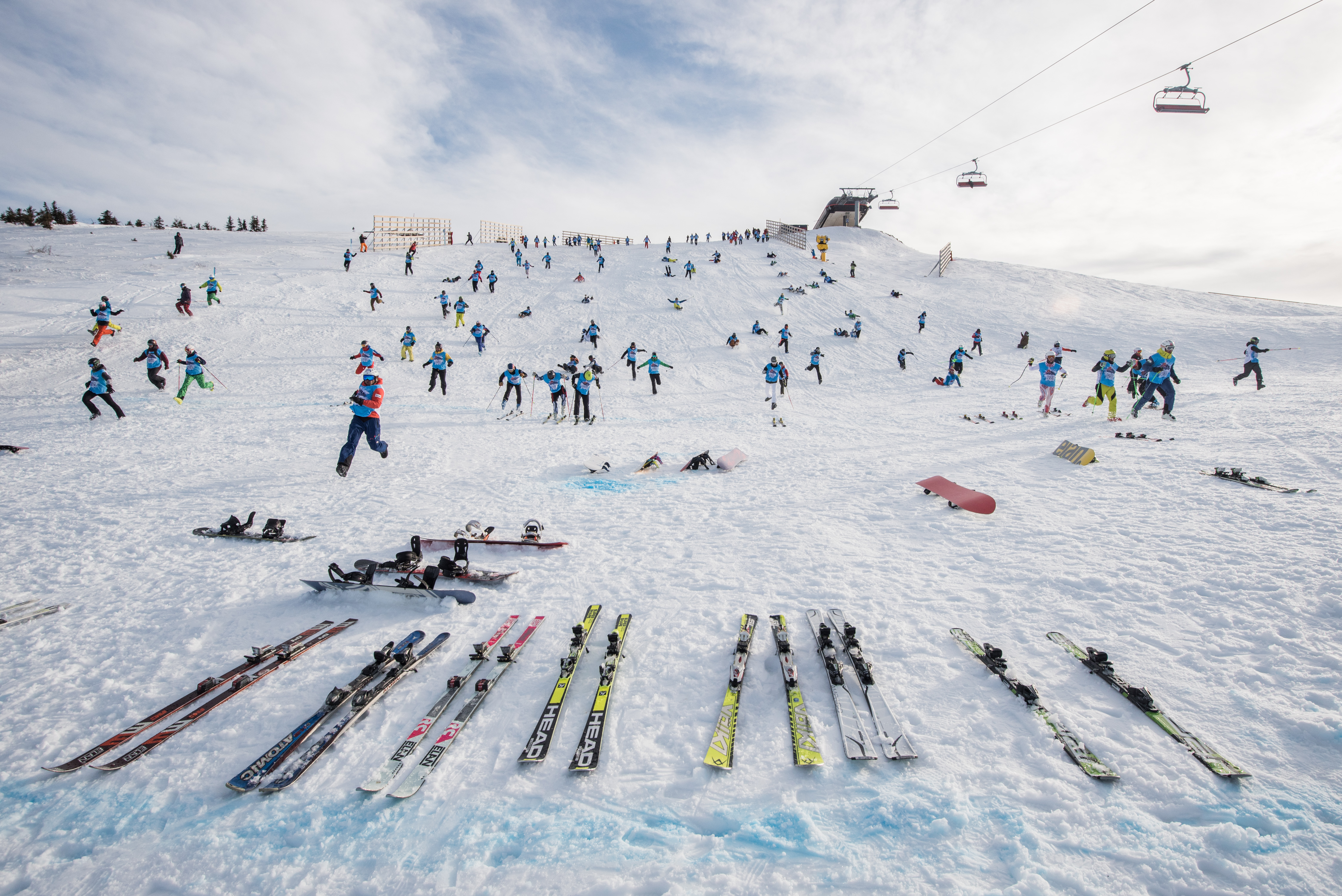Peru is among the world’s 10 megadiverse countries. But despite its many resources some 4.5 million people face severe food insecurity. Several communities are advancing towards sustainability for Peruvian food systems.
It was a challenging year for families everywhere. Alongside a pandemic that has taken millions of lives, the broader socio-economic effects of COVID-19 reversed decades of important gains for the most vulnerable. UNDP doubled down on its commitment to build forward better, working with partners at all levels of society to ensure people have the means to live in dignity, and the skills and resources to recover from crises and create fulfilling lives. Here are some of their stories.

